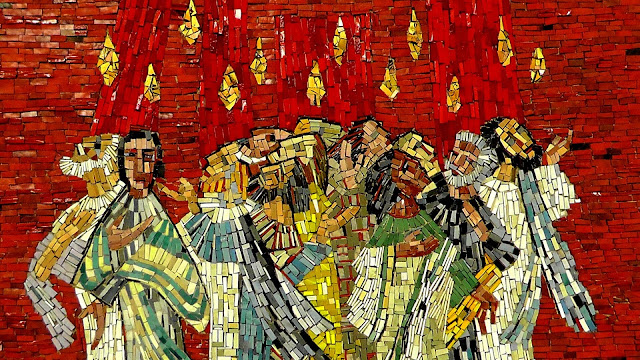Does Faith Make You Happy?

Google Image Mother Teresa, the Nobel prize-winning nun who dedicated her life to serving the poorest and sickest in India, always appeared to be cheerful and joyous. But her letters, collected and published in 2007, indicate that she struggled to feel God's presence during at least the last 50 years of life. So, she must not have always “felt” happy. But it didn’t stop her from continuing her commitment to her mission and or her practice of joyfulness. I’m always surprised to read about saints and saintly people, canonized or not, who maintain their joyfulness in the face of hardship and struggle. The conditions in which they lived don’t seem that joyful. Are they faking it? Unlikely, in my view. Is it possible that their lives exhibit what is beyond happiness, what is meant by “joy” about which I wrote in last week’s blog? Rarely a Distinction In the secular world, there’s rarely a distinction made between happiness and joy. So, for our purposes, we’re going to address the











